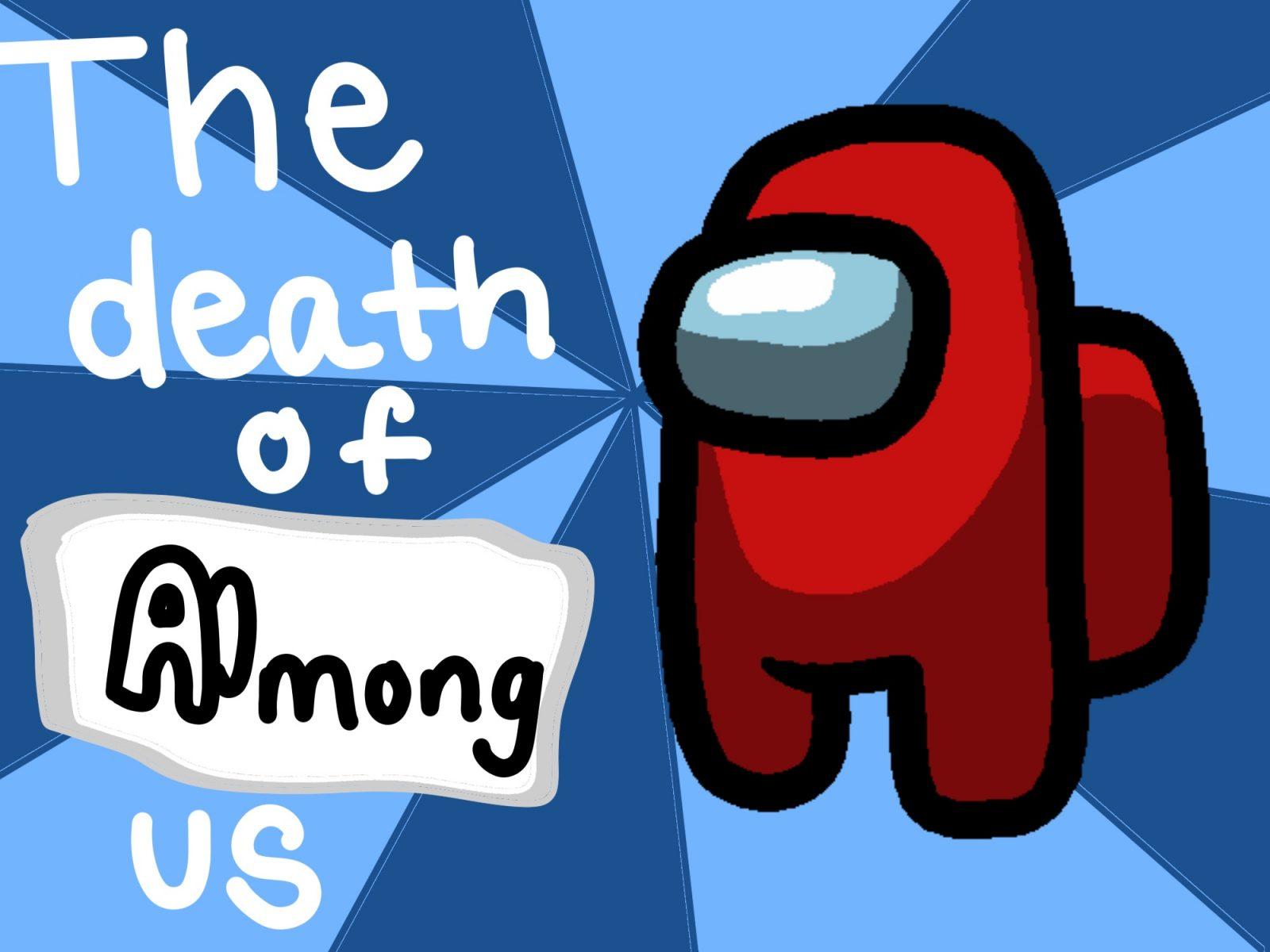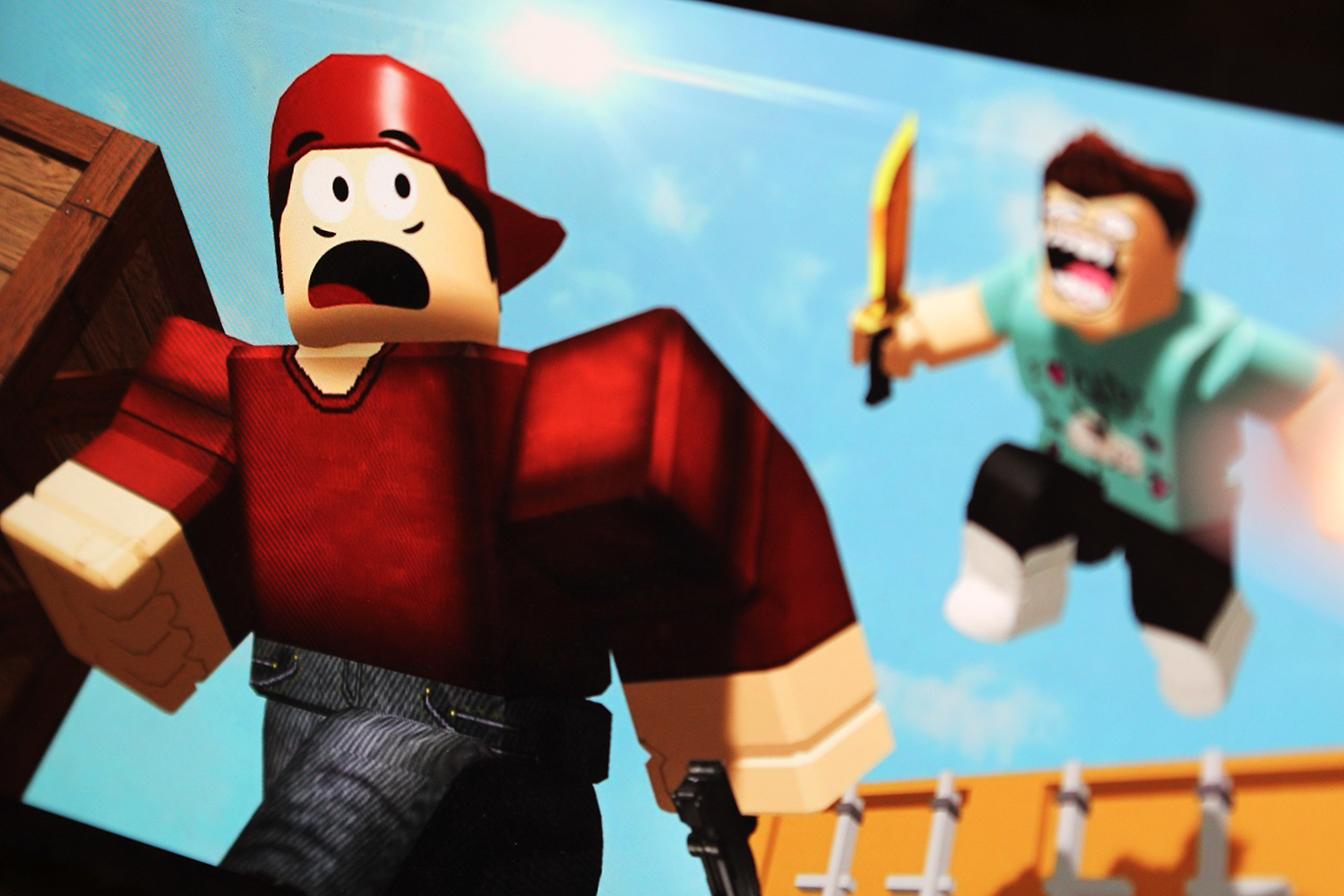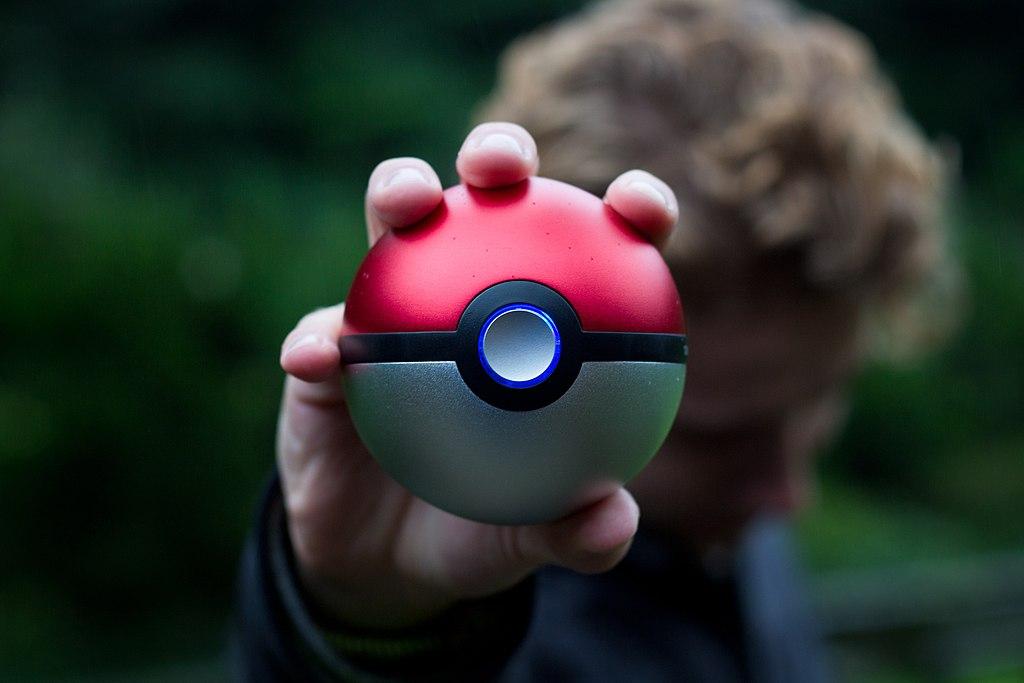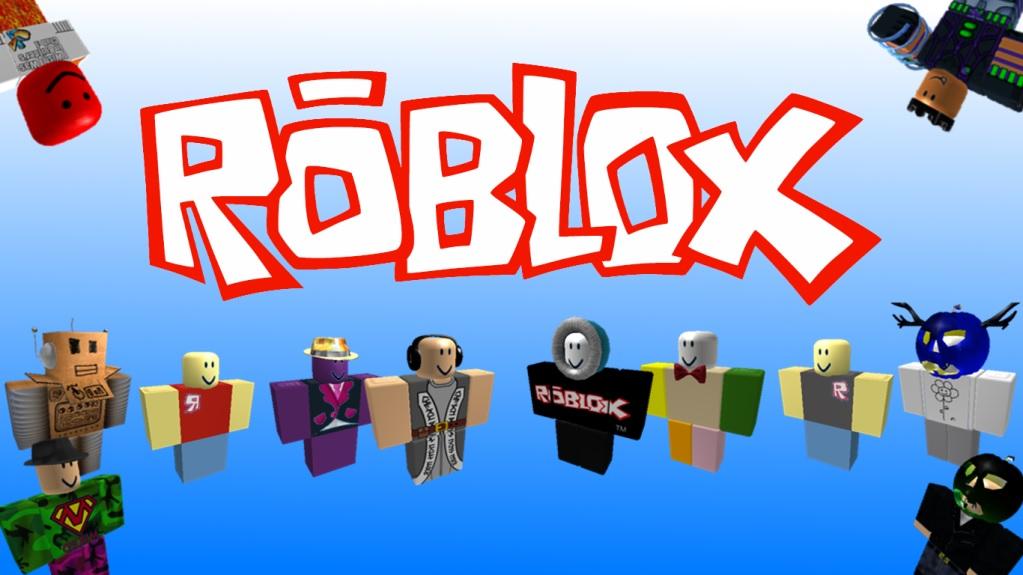Video games have always been a pastime for children, teenagers and even adults after a long day of work or school. The affection for the beloved hobby has led gaming consoles, like the Nintendo DS, Xbox and PlayStation, to become staples in many American living rooms and basements.
I grew up watching my cousin play the Harry Potter and the Chamber of Secrets game on PlayStation, Pokemon Ruby and Emerald on the DS and Wii Sports Resort on the Nintendo Wii. As a young kid, I longed to grow a little older and be trusted with a gaming console of my own.
When my family moved into our first house, we finally bought our own Wii console, along with games like Mario Kart Wii, Wii Sports and Just Dance.
My siblings and I would spend hours competing against each other in Super Mario Bros, fighting over who got to have which character, and constantly one-upping each others’ high scores in Just Dance.
Then, as with most people, my video game phase fizzled out as I began high school and started studying, working and volunteering more.

I didn’t get back into video games until my senior year of high school. I just got into Roblox again — an online gaming platform and game creation system that I’d normally play with my school friends or family. I even once got embarrassingly beaten by my 6-year-old cousin in Arsenal, a first-person shooter game on Roblox.
In a way, Arsenal was the catalyst for my next gaming phase — PC gaming. Well, not quite high-end PC gaming, since I only own a Dell laptop for school. I would frequent a gaming blog to get tips for my gaming.
But this mighty device is the reason why I can play one of my favorite games at the moment — Valorant.
Valorant is a character-based tactical shooter game. It can be competitive. It has precise gunplay.
Valorant has unexplainable physics, stray bullets that miraculously headshot me and the widest range of playable characters that have ever graced the video game world. In the game, two 5-person teams composed of different characters with various abilities try to occupy a site on the map. The objective is to defend the “spike” — an object to plant and defuse — if you’re on the defending team. If you’re on the attacking team, the objective is to plant the spike. Another way to win is just to eliminate everyone on the opposing team.
However, none of these objectives are hard to achieve in comparison to the ongoing sexist comments that many girl players receive.
I’ve been lucky enough to have avoided sexism in video games throughout the years, but starting an online, multiplayer team-based game invites uncomfortable interactions.
I’ve met the incel — a term short for “involuntarily celibates” and describes men who berate women because they feel they are unable to attract women sexually. I’ve met the “simp” — a boy who is overly submissive towards women in order to gain their attention and affection. I’ve met the “pick me girl” — a girl who claims to “not be like other girls” and vie for male validation.
I just wanted to shoot characters on my little laptop screen every once in a while, not argue with kids who spend 23 hours of the day in their musty bedrooms typing away on their greasy keyboards.
Surprisingly, most times, I have experienced more toxicity from my own team than the enemy. Using the in-game voice channel as a girl is a toss-up between good communication, or “comms,” or harassment from the other, usually male, teammates.
Having a feminine voice is oftentimes met with questions like “Are you really a girl?” or “Are you using a voice changer?” It insinuates that the girl can’t be a girl because “girls don’t play video games.”
Also, the unimaginative, overused sexist jokes permeate the game lobbies. I can seldom sit through one game without being inundated with snarky comments if I decide to speak up.
One time, I tried to give a useful comm about where I died and where the enemy might have been. I guess my off-putting girliness was seeping through my microphone and personally offended all my other male teammates.
I wish these anecdotes were sarcastic, but some guys have acted like listening to my voice physically hurts them.
Many girls have shared their experiences with misogynistic boys and comments on social media like TikTok and YouTube.
A user named “kayayluh” on YouTube and TikTok published a video named “The Female Experience UNCENSORED | Valorant,” which highlighted how her male teammates made uncomfortable sexual comments and sounds towards her.
For example, in the video, one male teammate said, “You sound so sexy” in response to her voice. These unsolicited comments are obviously inappropriate, but people will continue to say them anyway.
She, like I and many others, have faced harassment that evades in-game reporting most of the time. There is no way to purge all these offenders.
Although I enjoy playing the game and talking to many people, the minority of sexist players have made it almost unbearable to continue. I can only choose to ignore these players, but the endemic problem cannot be solved alone.






















































































































Not a Gamer • Jan 31, 2022 at 12:37 pm
I’d be interested in hearing if this behavior pervades all types of gaming. Do shooting/killing games bring out more aggression than other types of games, or does gaming in general attract people with limited social EQ?